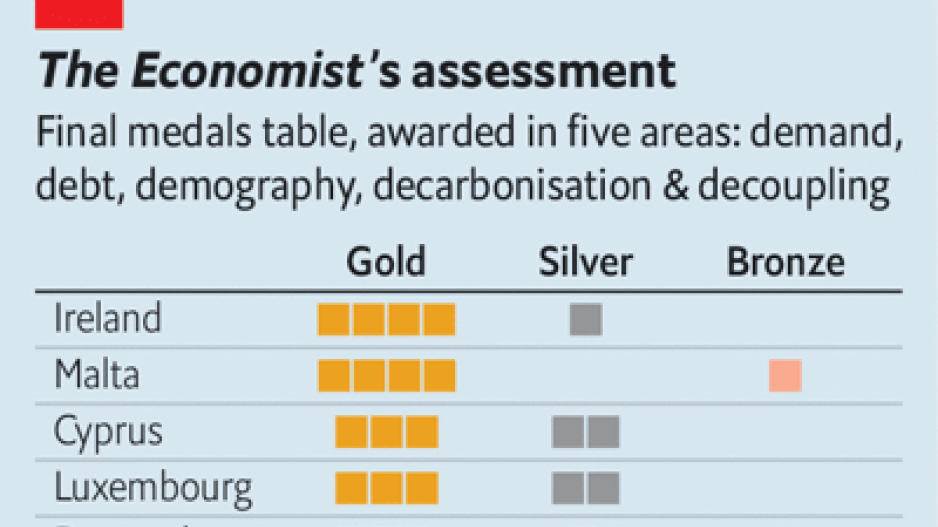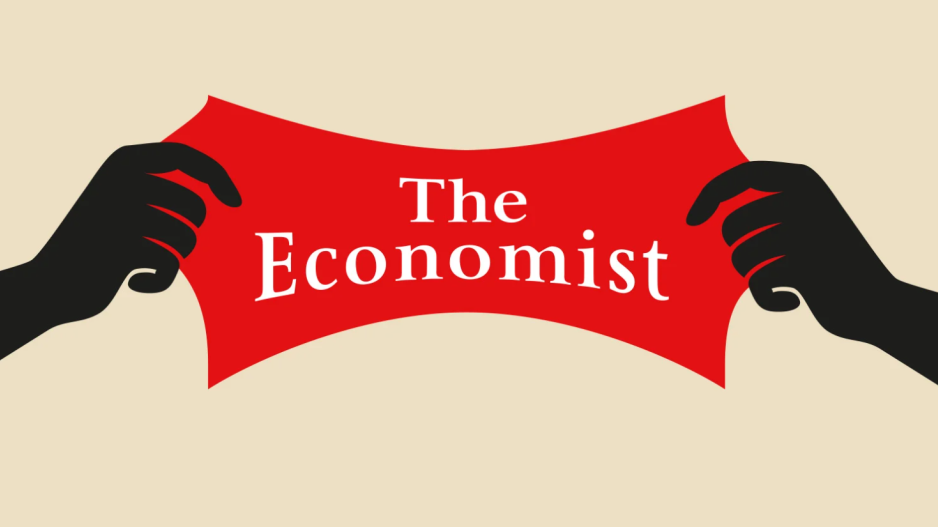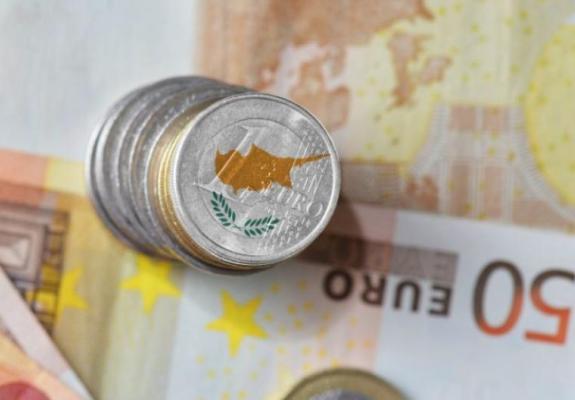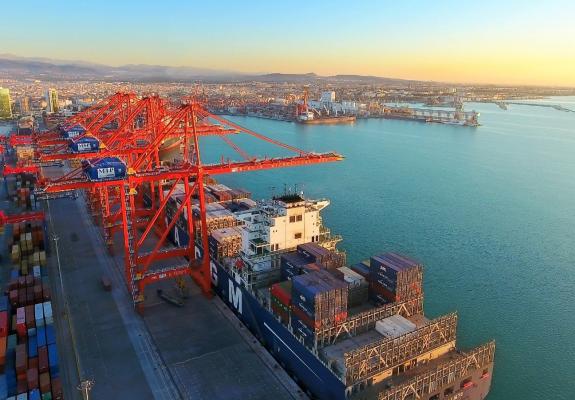Cyprus Secures Third Place in The Economist's EU Economic Pentathlon
With Three Gold and Two Silver Medals
In the recent economic pentathlon rankings by The Economist, Cyprus shines with three gold and two silver medals, positioning it third among the 27 EU member states. This unique evaluation measures how EU countries tackle five paramount challenges: demand/inflation, debt, demography, decarbonisation, and minimizing ties with global autocracies.

The broader European economic landscape is anticipated to face challenges in the coming years. The Economist's online report highlights that the European Commission predicts a modest growth of 0.8% for the EU in 2023, with only a slight increase expected in 2024. While inflation rates are on a gradual decline, it hasn't stopped the European Central Bank from hiking rates in its recent September session. Adding to the concerns, business confidence across the continent continues its downward trend.
However, the impact of these challenges isn't uniform across member states. Countries exhibit varied performances when contending with these economic trials. For instance, Ireland takes the lead in the pentathlon with four gold and one silver medal. Malta follows closely with four gold and one bronze medal. After Cyprus in third place, the top five is rounded off by Luxembourg and Denmark in fourth and fifth positions respectively.
The analysis suggests that smaller nations seem to have an edge, though Denmark stands out as the only economy with a model replicable for other countries. Additionally, among the larger economies, France emerges as the leader, boasting two gold and three silver medals.
To further elucidate the five challenges in focus:
-
Controlling demand is essential to counteract inflation, which in turn affects the interest rates on accumulated debt, potentially hindering spending.
-
Aging populations mean that retirees exit the workforce faster than new entrants can replace them.
-
Combating climate change necessitates significant industrial transformation.
-
Lastly, in today's shifting geopolitical landscape, trade relations with autocratic nations pose heightened risks.






